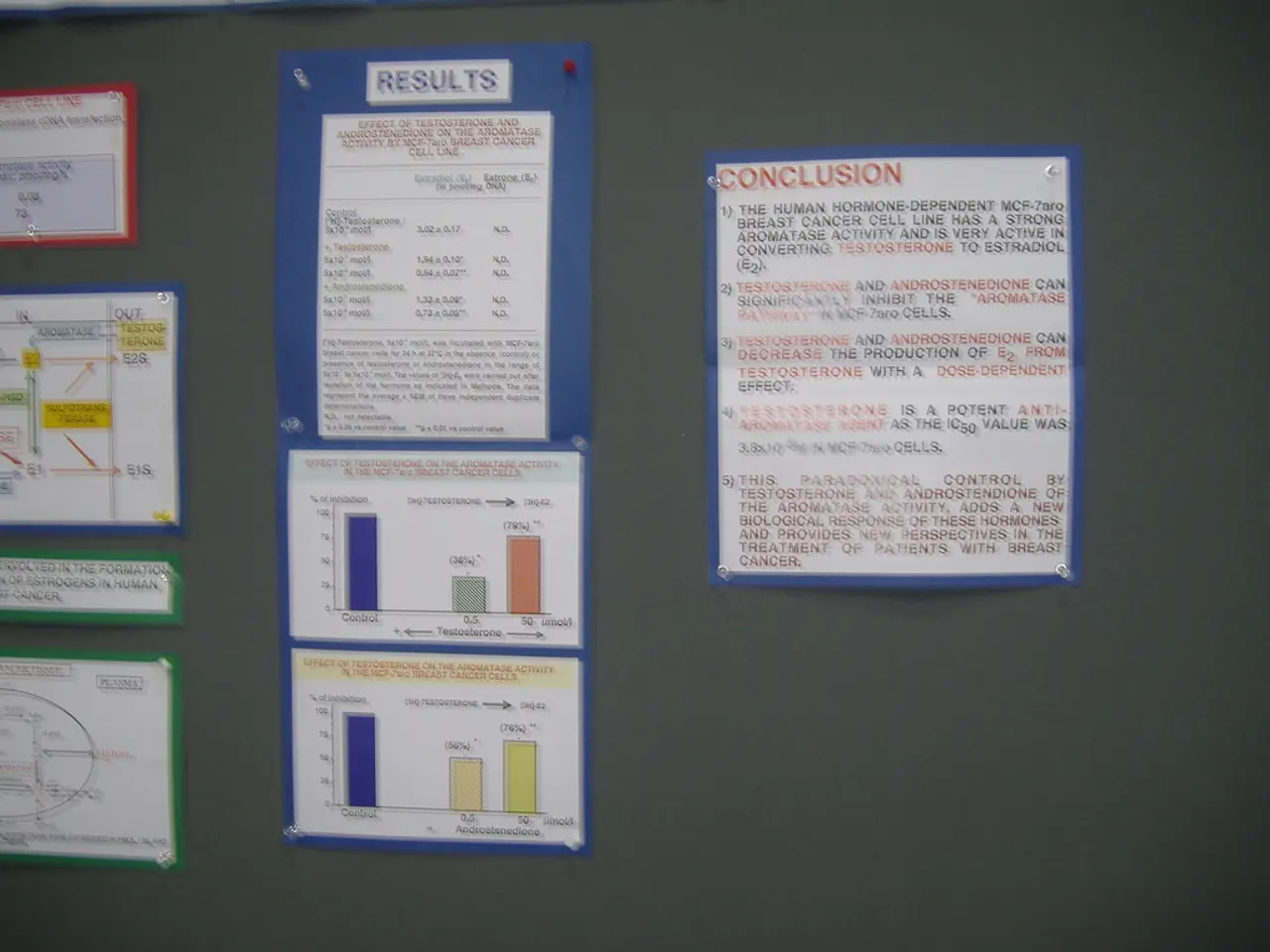Reduction of SEC Fees: Corporate Document Requests See Lower Costs from July 1
The Securities and Exchange Commission (SEC) has announced a significant reduction in fees for securing official corporate documents, effective from July 1, 2025. The news, which was published in Memorandum Circular (MC) 6, Series of 2025, on June 24, 2025, aims to provide greater access to corporate data at fair and sustainable pricing.
One of the key updates under MC 6, Series of 2025 is the reduction of the cost for physical and authenticated copies of company filings, such as Articles of Incorporation (AOI) and By-laws, from PHP 2,000 to PHP 1,000 each. Similarly, the cost for plain physical copies of the same documents has been reduced to PHP 750, down from PHP 1,500.
For digital copies accessed via the Electronic SEC Education, Analysis, and Research Computing Hub (eSEARCH), the standard rate for an authenticated digital copy has been lowered from PHP 1,250 to PHP 625, while the rate for a plain digital copy has been reduced from PHP 750 to PHP 375. Authenticated copies of other documents will now cost PHP 50 per page, reduced from PHP 100 per page, and plain copies will cost PHP 25 per page, down from PHP 50 per page.
The reduction in fees does not affect the standard rates for the use of the SEC API Marketplace, which allows access to real-time financial data and regulatory filings. It is important to note that P&A Grant Thornton, the Philippine member firm of Grant Thornton International Ltd., is not mentioned as being affected by the SEC's fee reduction.
This fee adjustment reflects the SEC's commitment to reducing financial burdens on the corporate sector and the general public while supporting investor protection and economic growth. The new fees are expected to make it easier for businesses and individuals to access important corporate documents, promoting transparency and accountability in the business sector.
The SEC's fee reduction, as outlined in MC 6, Series of 2025, is anticipated to have a positive impact on the business sector, particularly the education industry, as it makes it easier for businesses and individuals to access corporate documents at lower costs, thus promoting transparency and accountability. This move is also expected to positively influence the finance industry, as lower costs for corporate documents could potentially lead to improved financial analysis and research.






